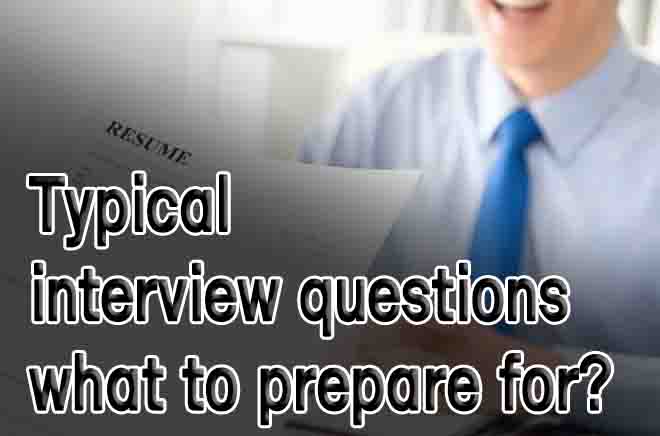Handling a job interview is challenging yet beneficial. In the best-case scenario, you will get the job you wanted, in the worst-case – master the interviewing skills and develop a better understanding of the whole process (which is rather a benefit). Some employees look through the possible questions, getting ready with the answers; some prefer to go with the flow and play it by ear – the truth is somewhere in between. What is the best strategy to choose? Neither of them. It’s quite thoughtless to ignore all the tips, yet it’s not worth cramming for the interview. Let’s state the main things to consider.
Table of Contents
Preparing CV
Your resume is your front side, it talks to the potential employer during the selection process and is the first stage of the whole I-need-a-job experience. CVs don’t have set-in-stone requirements, everything is quite individual, yet there are general guidelines to follow:
- Avoid simple narration as nobody is going to read the whole text, trying to figure out your achievements and skills;
- Use online services with resume templates, which will save you time when creating the resume and make it noticeable among the others; the ready-to-use templates have numerous variants of layouts, depending on the information you want to emphasize;
- Design is important, yet it’s rather a second fiddle, so plain colors and a comprehensive layout will do the trick.
While preparing the essential information about your work experience, be precise and truthful, and don’t exaggerate the level of your knowledge and skills.
Typical questions:
- Tell us about yourself.
Despite being so simple, this question is actually nerve-wracking, as people struggle with the description of their personalities. It’s important to reach a balanced position, not to seem too pretentious, or a person with low self-esteem. Don’t get into a detailed narration of your achievements and a way to success; instead, give preference to an “elevator pitch” technique. The elevator pitch is like an elevator ride – you have 30-60 seconds for a quick word and to create a long-lasting impression. It’s a brief insight into the one or two keystones of your professional growth.
- Tell us about your weaknesses
One more tricky question as nobody wants to talk about their weaknesses, focusing on strong sides alone. If you don’t give it proper thought in advance, you may get lost during the interview, having nothing to say. When coming up with a weakness or two, turn them into your beneficial side.
For instance, you are not a supersonic type of worker and take time for performing the duties. If you leave it at this point, you’ve lost this round. Instead, turn it into your benefit – such a weakness provides you with diligence and attentiveness to details, thus, preventing you from making mistakes. After such an explanation, the weakness will look rather like a benefit.
For every weakness, you need to come up with a positive usage, thus, transforming it instantly into a positive trait.
- Why do you want to work with us?
The interviewers want to know your level of awareness about the company’s philosophy and culture and if their values resonate with yours. It’s worth mentioning specific opportunities for growth and development the company may offer, as it will reveal the depth of knowledge about the company’s work.
- Why are you looking for a new job?
When answering this question, focus on professional development and avoid personal or financial issues at any price. Mention specific reasons, like lack of growth, switching careers, looking for new challenges, or change of industries, etc. Be very straight on the matter and don’t hesitate, as it will be the best confirmation of what you are saying.
- Where do you see yourself in five years?
This is one of the questions worth considering in advance, otherwise, you will be caught off guard during the interview. Focus your attention on professional achievements, and the skills you want to master and set realistic goals. And yet again, be specific, don’t just mention something about reaching the top-management positions in the company.
- How do you handle conflict situations?
The interviewers need to understand if you can stay level-headed while having issues. Get ready with a specific example, giving a brief look into what happened and finishing with a positive note. The example you choose will testify to your ability to cooperate and reach compromise when in difficulties in a professional manner.
- Do you have any questions about the company?
Come up with two or three questions related to the company’s work style, cooperation, strategies, etc. The questions you ask have the same value as your answers. Besides, it will show how you can lead and maintain the conversation.
Job interviewers often ask standard questions, which the applicants may find weird and useless. However, every question is backed up by a reason either of a professional or psychological kind. It is highly recommended to look through the lists of typical questions, just to make sure you know what to answer. It doesn’t mean learning the answers, as it will not be taken positively or benefit the conversation, it will just help to organize the ideas and thoughts, not to feel lost during the interview itself.

